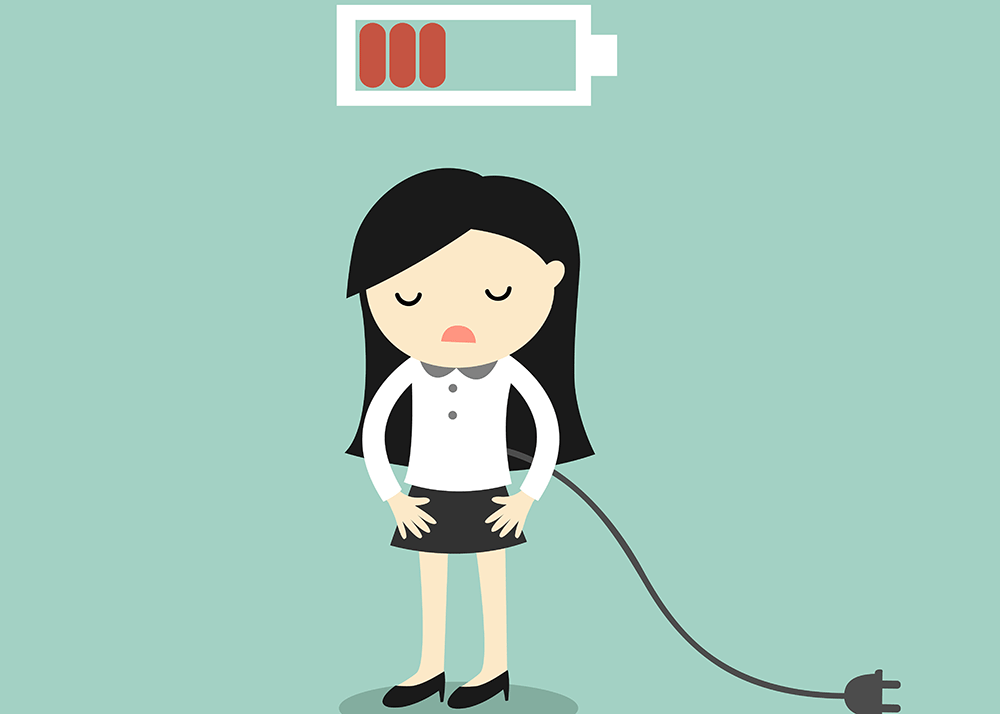What to Do If You’re Feeling Exhausted and Gaining Weight
Here’s what to talk to your doctor about if you’re experiencing these symptoms.

“I’m tired and gaining weight. Should I talk to my GP?”
Fatigue is a common symptom associated with many conditions. Since it doesn’t always have a clear medical cause, it can sometimes go underinvestigated. If you’re experiencing fatigue with no clear causes or lifestyle changes, you should see your healthcare provider for a complete medical examination – often referred to as a “workup” – to find out more.
Fatigue can be associated with underactive and overactive thyroid disease, usually appearing with more advanced cases. Another possible cause of fatigue is anemia, which is a deficiency of red blood cells or hemoglobin. But fatigue can also be due to other medical conditions, such as infections, inflammatory conditions, chronic diseases and menopause. In many of these cases, you need to be screened by your physician to figure out the cause.
Weight gain is another symptom associated with a number of medical conditions, including thyroid disease, although it isn’t as common. With an underactive thyroid, also known as hypothyroidism, your body’s metabolism and energy consumption slow down, which can result in gradual weight gain.
Why that scale might be rising
Other common causes of weight gain include a significant decrease in daily activity levels and menopause. It can also be the side effect of certain medications. If you’re at a genetically higher risk of obesity due to your family history, you could be gaining weight from any of the above-mentioned conditions.
In cases of fatigue or weight gain, you should let your doctor know what you’re experiencing and when it started. It’s also important to tell your doctor if you’re experiencing fatigue and weight gain at the same time. Your doctor may recommend a blood test to check your hormone, vitamin and mineral levels.
The first test for assessing your thyroid function is a thyroid-stimulating hormone (TSH) measurement through a blood test. Hypothyroidism is usually treatable, and if symptoms like fatigue and weight gain are related to an underfunctioning thyroid, they should improve in two or three months with treatment.
In the case of anemia, you would do a complete blood count (CBC) to check your levels of hemoglobin and ferritin and make sure that you’re not iron deficient.
One thing to remember is that, regardless of the cause of fatigue or weight gain, exercise is often an effective treatment. As always, if you’re thinking of starting a new exercise regimen, be sure to speak to your healthcare provider.
Dr. Afshan Zahedi is an endocrinologist at Women’s College Hospital. Follow them on Twitter at @WCHospital




